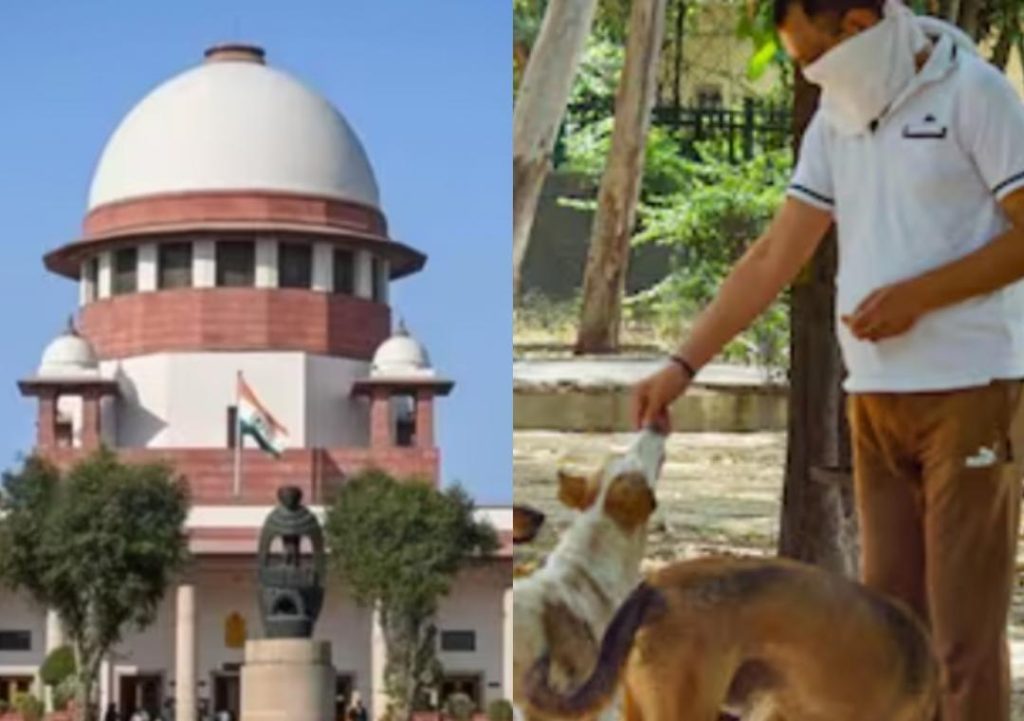
Will you bring back kids who died of rabies?: SC to activists on stray dogs’ removal
The Supreme Court recently delivered a stern message to animal rights activists who are opposing the removal of stray dogs from public places. The court questioned whether these activists can bring back children who have lost their lives to rabies, which is often spread by stray dogs.
The court’s observations came while hearing a plea filed by the Animal Welfare Board of India to remove stray dogs from public places and put them in shelters. The board had approached the court after a series of incidents where stray dogs attacked and injured humans.
During the hearing, Solicitor General Tushar Mehta informed the court that a location had been chosen for relocating the stray dogs, but the plan was halted after animal rights activists secured a stay order. The court was not pleased with this development and asked Mehta to respond to the activists’ claims.
Mehta’s response was blunt and to the point. He asked the court to consider whether the activists, who are fighting to save the stray dogs, would be able to bring back children who have lost their lives to rabies. This is a question that has sparked a heated debate in the country, with many arguing that the lives of humans should take precedence over those of animals.
The issue of stray dogs has been a contentious one in India for years. On one hand, there are many who believe that these dogs are a menace and should be eradicated. On the other hand, there are animal lovers who argue that these dogs are innocent creatures who deserve to be protected and cared for.
The Supreme Court’s decision to hear the plea filed by the Animal Welfare Board of India is a significant development in this debate. The court’s decision to question the activists’ ability to bring back children who have died of rabies is a stark reminder of the human cost of the stray dog problem in India.
According to the World Health Organization (WHO), rabies is a major public health concern in India, with over 20,000 people dying from the disease every year. The majority of these cases are caused by dog bites, with stray dogs being the main carrier of the disease.
The Indian government has been working to combat the spread of rabies, with a focus on vaccinating stray dogs and improving access to post-exposure prophylaxis (PEP) for people who have been bitten or scratched by dogs. However, more needs to be done to address the root causes of the problem and to protect the lives of humans and animals alike.
The Supreme Court’s decision is a welcome development in this regard. By questioning the activists’ ability to bring back children who have died of rabies, the court is highlighting the need for a balanced approach to addressing the stray dog problem. While it is important to care for and protect stray dogs, it is equally important to prioritize the safety and well-being of humans.
In conclusion, the Supreme Court’s decision to question animal rights activists on their ability to bring back children who have died of rabies is a timely reminder of the human cost of the stray dog problem in India. As we move forward, it is essential that we adopt a balanced approach to addressing this problem, one that prioritizes the safety and well-being of both humans and animals.






